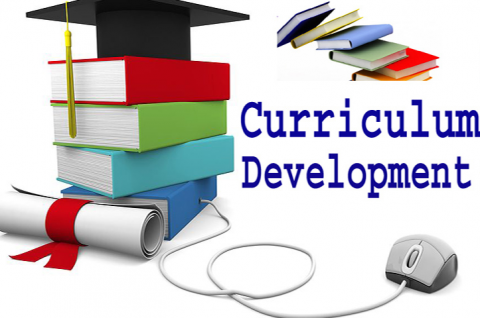In the ever-evolving landscape of education, the significance of curriculum development cannot be overstated. It stands as a beacon guiding the creation and refinement of courses and programs, ensuring that students embark on meaningful and impactful learning journeys. Curriculum Development, as a discipline, serves as the foundation upon which educational institutions like Camosun College construct learning experiences that are not only relevant but transformative.
The Heart of Curriculum Development
Curriculum development is a strategic and principle-driven process aimed at fostering significant learning experiences. It transcends traditional content delivery by meticulously planning, organizing, and assessing learning activities to meet intended outcomes. This process is pivotal in crafting an educational journey that enhances the quality and impact of student learning.
At its core, curriculum development is about intentionality – designing a course or program with the end in mind. Educators and curriculum developers must consider critical components such as learning outcomes, assessment methods, and the learning activities that will enable students to achieve these outcomes. It’s a move away from a content-centered approach towards a learning-centered methodology, where the relationship between learning outcomes, assessment, and educational activities is harmoniously balanced.
Leading Practices in Curriculum Development
The endorsement of the Leading Practices in Curriculum framework by Camosun College’s Senior Educational Leadership in January 2012 marked a significant milestone in curriculum development. This framework is not merely a set of guidelines but a vision for creating enriching teaching and learning experiences. It advocates for a collaborative and reflective approach to curriculum design, development, and implementation, rooted in the institution’s foundational beliefs and values regarding education.
This framework underscores the importance of enhancing the quality and impact of the teaching and learning experience – the ultimate goal of curriculum development. Through a collaborative process that engages staff, faculty, administrators, and an insightful review of relevant literature, Camosun College has articulated a clear vision for curriculum design and development that serves as a model for educational institutions worldwide.
Key Considerations for Effective Curriculum Development
When embarking on the journey of curriculum development, several critical factors must be considered:
- Outcomes: Defining what students should know and be able to do at the end of a course or program is crucial. These learning outcomes serve as the destination for the educational journey.
- Assessment: To ensure that learning outcomes are met, effective and transparent assessment methods are essential. These methods allow both learners and educators to gauge the achievement of the learning outcomes.
- Activities: The path to achieving learning outcomes is paved with well-designed learning activities. These activities are the vehicles through which students engage with the material, apply what they learn, and ultimately achieve the desired outcomes.
Last Words
Curriculum development is an art and science that requires thoughtful consideration, strategic planning, and a commitment to continuous improvement. By focusing on creating meaningful learning experiences that align with educational goals and values, institutions can ensure that their curriculum not only meets the needs of today’s students but also prepares them for the challenges and opportunities of tomorrow. In the pursuit of excellence in education, curriculum development remains a pivotal element, guiding the way toward more impactful and quality teaching and learning experiences.
Also, read more at “kiendel.com“
